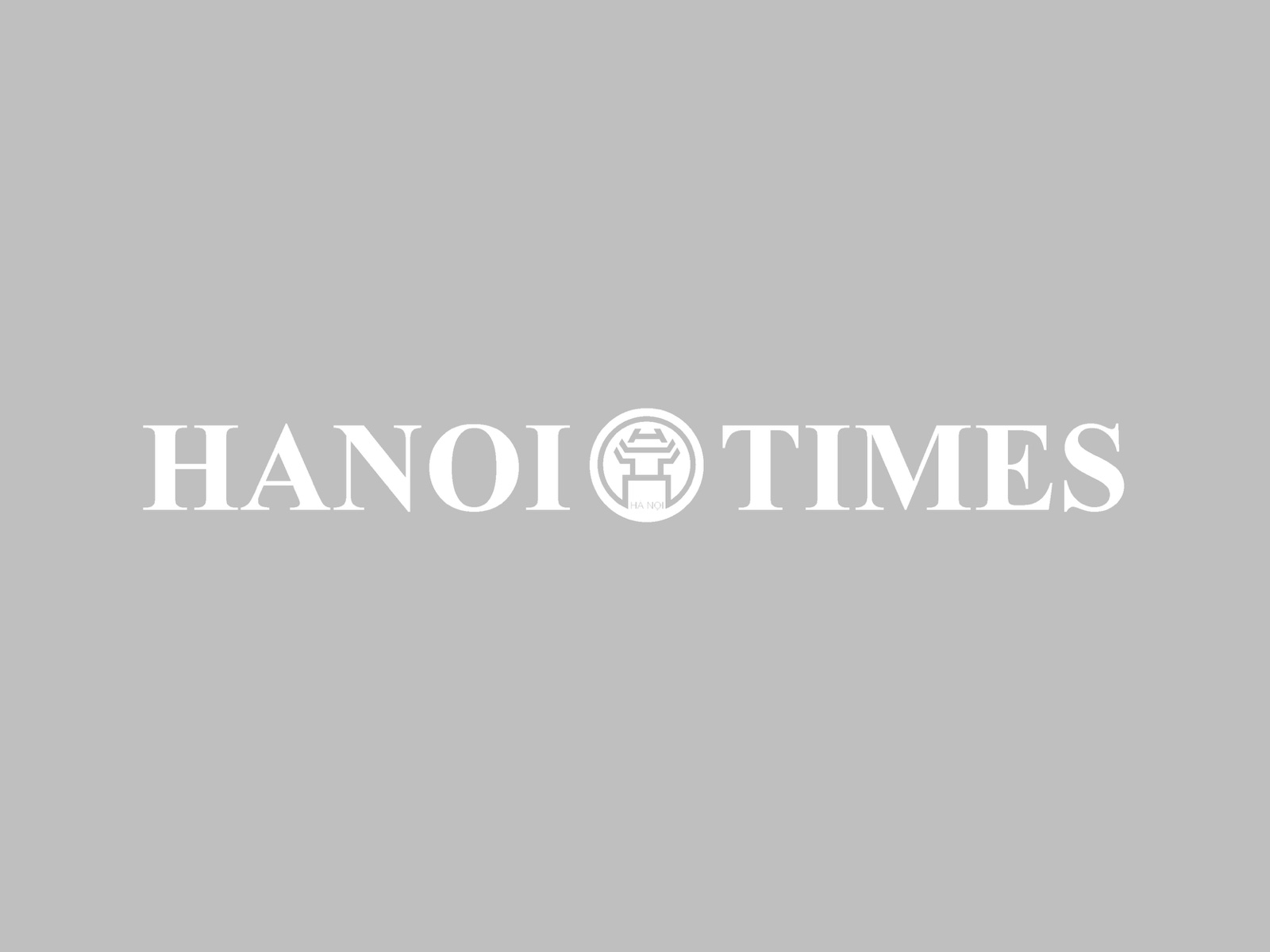Business
Vietnam's agriculture suggested to improve supply with added value
Sep 28, 2016 / 02:12 PM
The Vietnamese Government should create better investment environment and favourable operational conditions for agricultural businesses to make the sustainable value chains, according to the report of World Bank in Vietnam unveiled in Hanoi on September 27.
The World Bank in Vietnam on September 27 revealed the Vietnam Development Report 2016 themed “Transforming Vietnamese Agriculture: Gaining More from Less,” showing challenges and opportunities facing the sector.
The report points out that Vietnam’s agricultural sector has made enormous progress. The country has become one of the world’s leading exporters of agro-food commodities and is among the top five for aquatic products, rice, coffee, tea, cashews, black pepper, rubber, and cassava.
However, the nation's agricultural sector has been experiencing a low quality of growth, as shown by low profits for smallholder farmers, considerable under-employment among agricultural workers, unreliable product quality and food safety, and limited technological or institutional innovation.
Agricultural growth has mostly involved an increase in cropping areas or more intense use of inputs (such as fertilizers) and natural resources (such as water).
Addressing the event, WB Country Director for Vietnam Ousmane Dione said that the country’s agricultural output is exacting a price on the environment. Business as usual’ is no longer an option for the sector-growth has slowed down, it is vulnerable to climate hazards, and leaves a large environmental footprint.
Director Ousmane Dione stressed that change will help address these challenges, ensure the future of agricultural growth, and better meet the expectations and aspirations of the people of Vietnam.
Nguyen Do Anh Tuan, General Director of the Institute of Policy and Strategy for Agriculture and Rural Development said the country's agriculture should pay attentions to green development, effectively use natural resources, contributing to reach the world's top 20 agricultural products producers.
According to the report, to remain competitive in the international market, Vietnam needs to improve supply, quality, and food safety with added value.
The report outlines an agenda of short- and longer-term boosting of public and market institutions which will be needed to achieve the ambitious goals for Vietnam’s agriculture and overall food system.
The report offers various policy recommendations to address the challenges. The government can implement an effective combination of improved regulations, better incentives and streamlined services to stimulate and monitor a greener agriculture and a more effective food safety and consumer protection system.
It can help with policy instruments to better manage agriculture related risks, as well as create and remain a favourable enabling environment for agricultural business.

At the conference to reveal the Vietnam Development Report 2016.
|
However, the nation's agricultural sector has been experiencing a low quality of growth, as shown by low profits for smallholder farmers, considerable under-employment among agricultural workers, unreliable product quality and food safety, and limited technological or institutional innovation.
Agricultural growth has mostly involved an increase in cropping areas or more intense use of inputs (such as fertilizers) and natural resources (such as water).
Addressing the event, WB Country Director for Vietnam Ousmane Dione said that the country’s agricultural output is exacting a price on the environment. Business as usual’ is no longer an option for the sector-growth has slowed down, it is vulnerable to climate hazards, and leaves a large environmental footprint.
Director Ousmane Dione stressed that change will help address these challenges, ensure the future of agricultural growth, and better meet the expectations and aspirations of the people of Vietnam.
Nguyen Do Anh Tuan, General Director of the Institute of Policy and Strategy for Agriculture and Rural Development said the country's agriculture should pay attentions to green development, effectively use natural resources, contributing to reach the world's top 20 agricultural products producers.
According to the report, to remain competitive in the international market, Vietnam needs to improve supply, quality, and food safety with added value.
The report outlines an agenda of short- and longer-term boosting of public and market institutions which will be needed to achieve the ambitious goals for Vietnam’s agriculture and overall food system.
The report offers various policy recommendations to address the challenges. The government can implement an effective combination of improved regulations, better incentives and streamlined services to stimulate and monitor a greener agriculture and a more effective food safety and consumer protection system.
It can help with policy instruments to better manage agriculture related risks, as well as create and remain a favourable enabling environment for agricultural business.








